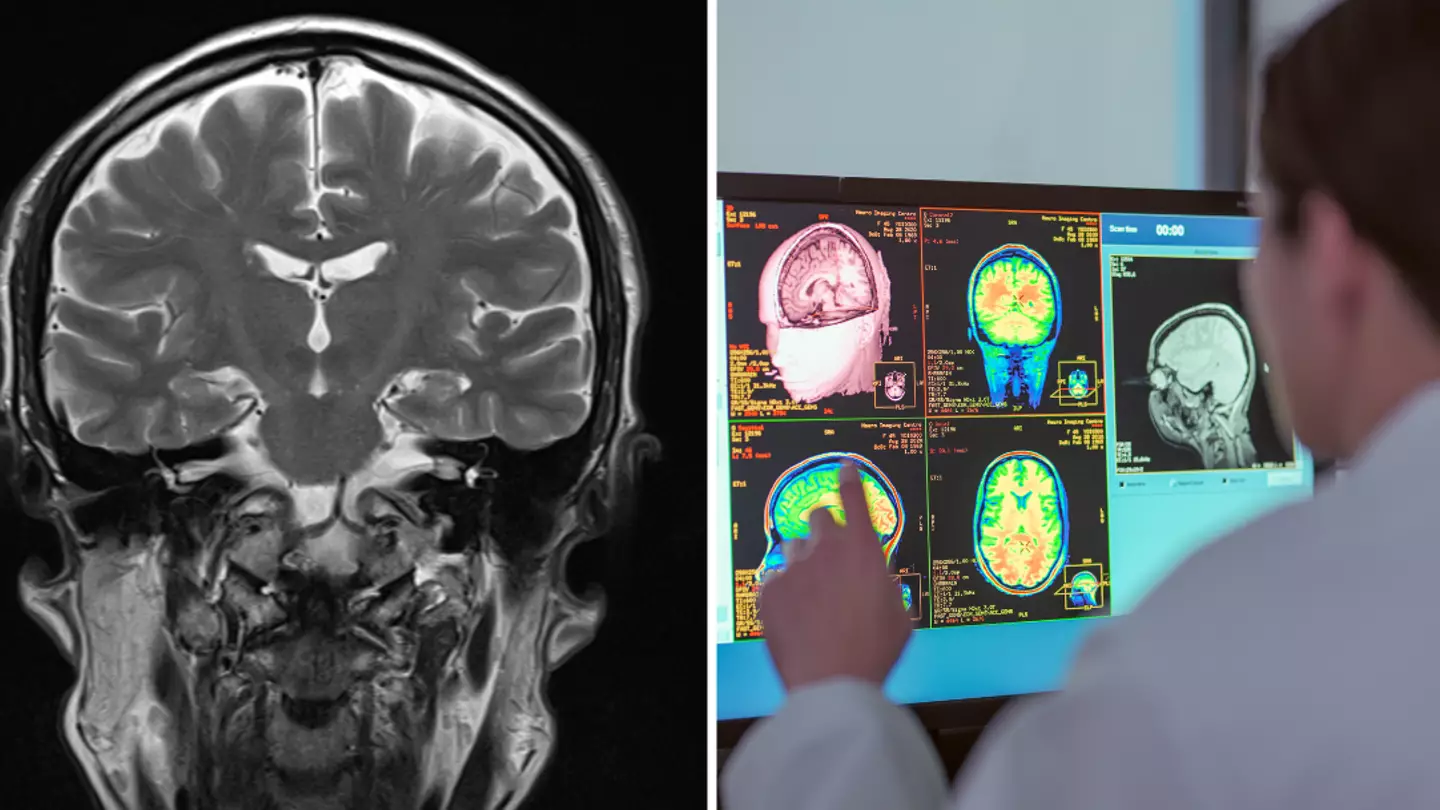Many people understand the need to keep their bodies active, but few appreciate the deep connection between physical movement and brain health. Dr. Kim Johnson Hatchett, a neurologist, highlights a concerning trend: the detrimental effects of neglecting physical activity, especially strength training, on the brain. This article delves into her alarming observations about a dangerous habit that could cause lasting brain damage.

In a recent TikTok, Dr. Hatchett points out that muscle weakness is more closely related to brain function than many realize. Patients often report physical weakness or mobility issues but fail to connect these problems to their brain health. By ignoring muscle movement, individuals deprive their brains of nerve growth factor (NGF), a vital peptide essential for supporting neurons and myelin, which are crucial for sustaining cognitive abilities.

The modern lifestyle, where many prioritize work or passive activities like binge-watching over physical exercise, worsens this problem. In their 30s and 40s, people frequently sacrifice workouts for busy schedules, unaware of the severe consequences this has for their brain health in the future. Dr. Hatchett emphasizes, “Even a little bit of daily movement reduces your dementia risk,” underscoring the importance of consistent activity.
@drkimneurodoc #neurology #neurologytiktok #scariest #doctormom #wakeup ♬ original sound – DrKimNeuroDoc
Each time you engage in exercise, especially cardio and strength training, blood flow to the brain increases, enhancing cognitive function. Trying new physical activities, such as learning a sport or a new workout routine, helps forge new neural connections. Consistently practicing these activities reinforces those connections, boosting both physical and mental resilience.

As people age, muscle mass naturally declines, particularly after the age of 50. Without regular strength training, this loss of muscle occurs more rapidly, affecting everyday activities like lifting groceries or walking long distances. Dr. Hatchett stresses the necessity of incorporating strength exercises into daily routines to preserve mobility and cognitive function as one age.
A key takeaway from Dr. Hatchett’s message is that the decline of body and mind with age is not a foregone conclusion. Engaging in regular physical activity, particularly strength training, is an investment in one’s future health. Just as individuals save for retirement, exercising now can lead to a better quality of life in the years to come.

Dr. Hatchett’s insights serve as a crucial reminder of the interconnectedness of physical and mental well-being. Regular exercise, especially strength training, not only helps prevent muscle weakness but also protects cognitive function as we grow older. It’s never too soon to start investing in your brain’s future through physical activity. As she wisely puts it, “Getting weaker as you age is not inevitable”—the best time to begin is right now.
